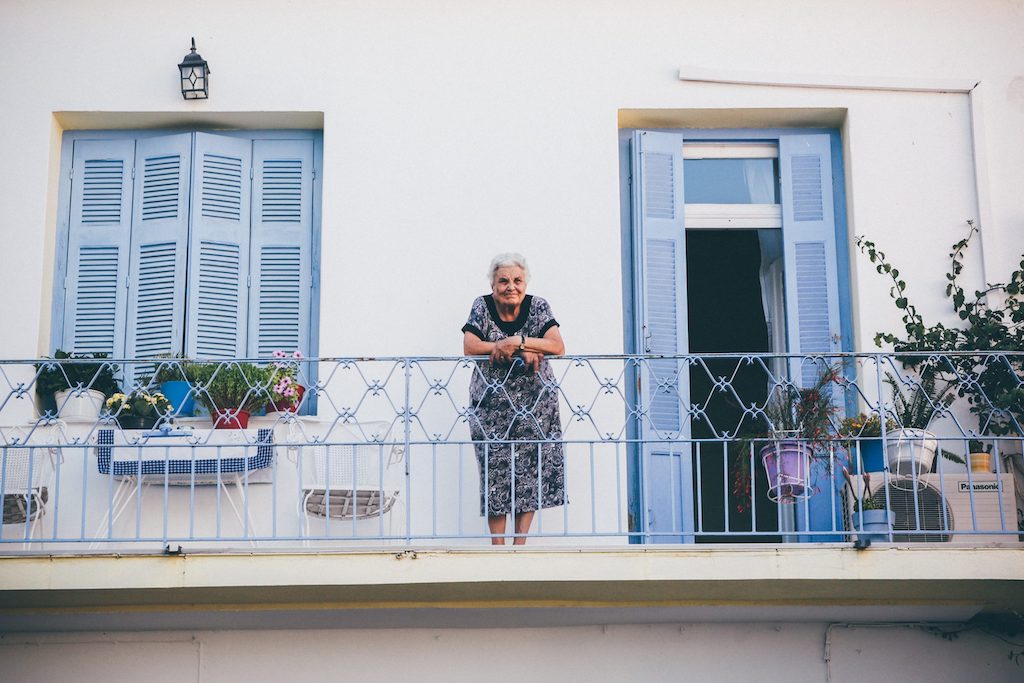
- Details
- Category: Europe
- Hits: 455
Tons of plastic drinking bottles end up in the trash. Especially in countries where people avoid tap water. Now the Paris waterworks want to motivate both locals and tourists to drink more tap water with a water campaign. That’s why you can easily have your own drinking bottle refilled in Paris stores – free of charge, of course.
Read more: Stores in Paris offer free drinking water - city produces less plastic waste

- Details
- Category: Europe
- Hits: 316
Energy and power companies are among the biggest beneficiaries of the current crisis. Bills are skyrocketing for the population, while energy suppliers are making billions in profits. In Greece, energy companies must now pay 90 percent of their excessive crisis profits to the state. The conservative government wants to use this to finance a cost-of-living adjustment and to cover 60 percent of the additional electricity costs for citizens.
Read more: Energy Companies in Greece must give 90 % of extra profits

- Details
- Category: Europe
- Hits: 290
EU Commission proposes directive to implement OECD agreement on global tax justice. Multinational corporations such as Amazon, Facebook, and Apple are to pay a minimum tax of 15 % in the future. A tax shifting scheme is also to be adopted, obliging corporations to pay taxes where they generate their profits. Poland is blocking implementation in the EU. This will lead to a further delay.
Read more: Social Democrats push for implementation of global minimum tax rate

- Details
- Category: Europe
- Hits: 344
2.2 billion people in the world have only irregular access to clean water, including in Europe. While the EU is only hesitantly introducing improvements to secure the drinking water supply for the population, Slovenia is enshrining the right to drinking water in its constitution.
Read more: Water as a human right - How Slovenia protects its drinking water

- Details
- Category: Europe
- Hits: 373
The world’s largest nationwide attempt to reduce working hours has made international headlines – that’s how positive the results in Iceland were. The study showed: Reducing working hours while maintaining full pay makes workers happier, healthier and more productive – and pays off economically. Kontrast has spoken to one of the co-authors of the investigation report, which has been widely talked about.